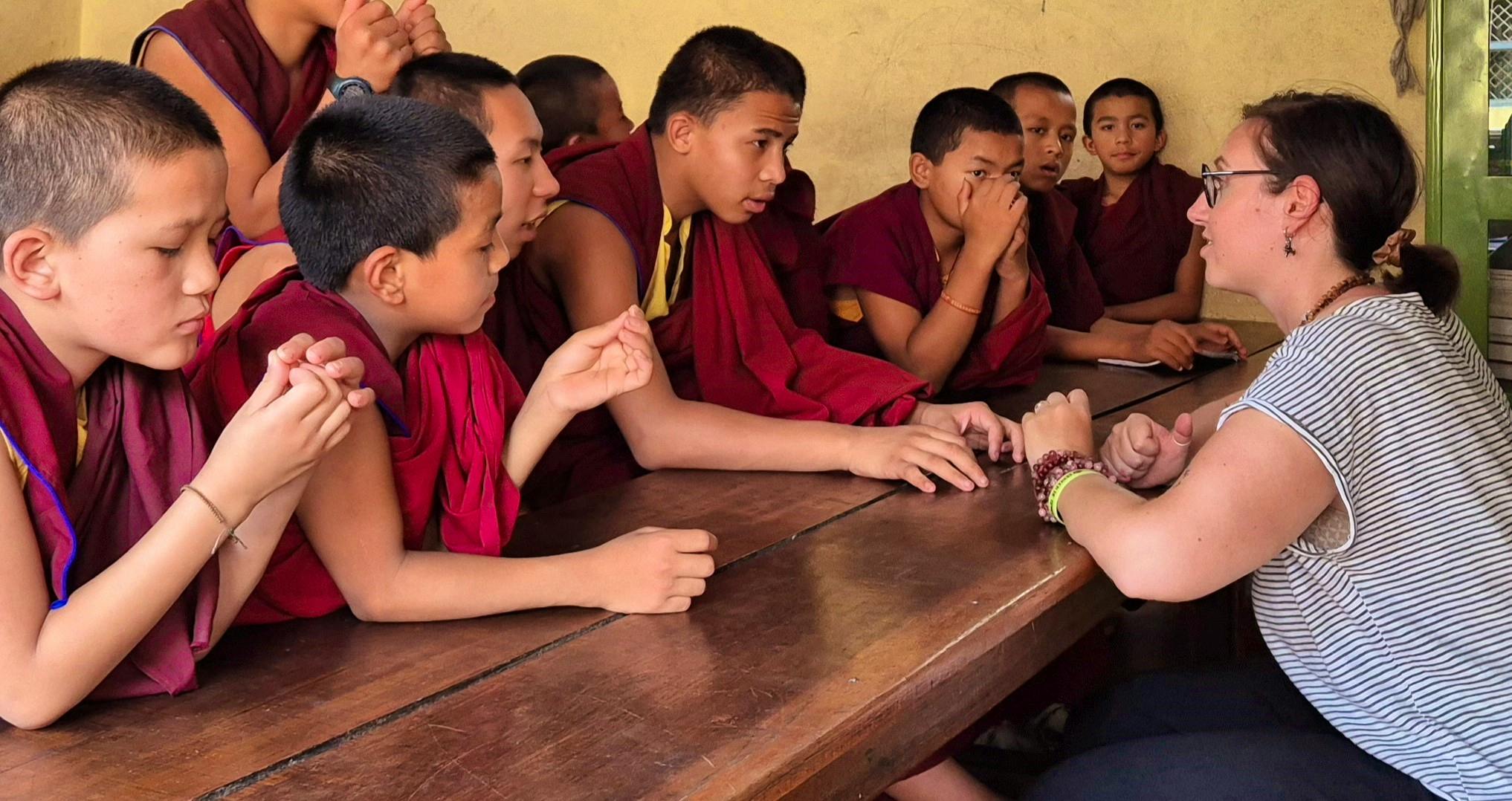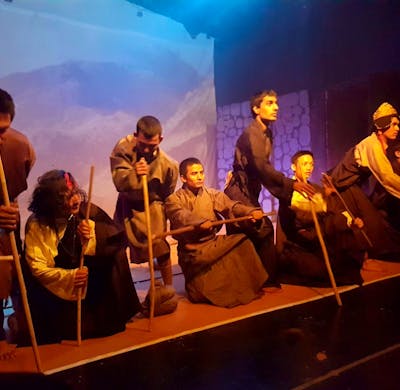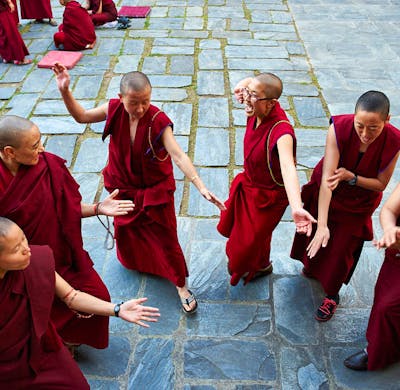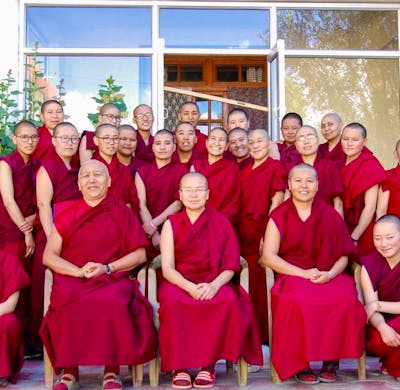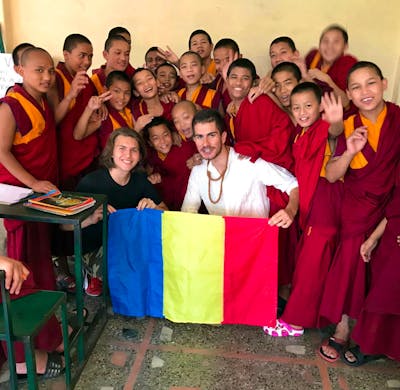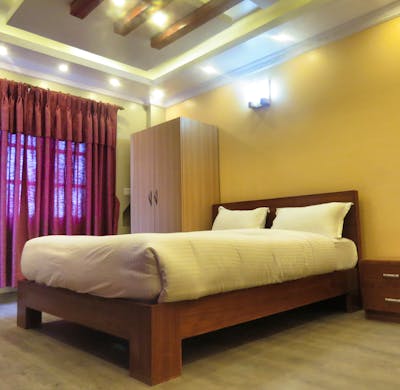2024 at Nunnery and Monastery Supporter
ab 267€
Nunnery and Monastery Supporter

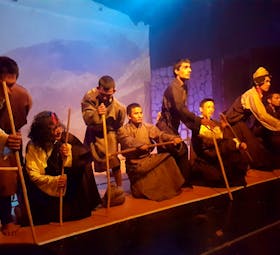
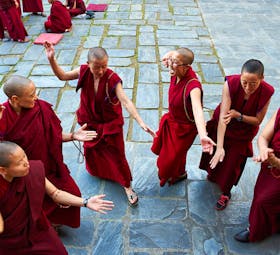
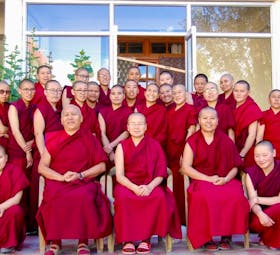

Highlights
- Chances to work with special community of peoples
- Experiencing the Spiritual vibrations of nunnery and monastery
- Take caring the less privileged children of Nepal
- Experience Nepal as a volunteer
- Learn to be a Happy human being from Shangri-la
Besonders geeignet für
Über das Programm
Teaching English to Nuns and Monks around Nepal famous cities like Kathmandu and Pokhara for good karma .
Tagesablauf
Early Morning the day begins with breakfast and teaching for 4 hours after it. In the mid-day, snacks will be given to the volunteers and again another final part of the teaching happens which is again 4 hours. But a volunteer can teach as per their interest 2-4 periods of 45 minutes.
Freizeitaktivitäten
Since most of the monasteries and nunneries are based in Kathmandu and city area you will have a lot of things to do in your free time like weekends or national holidays. Especially in Kathmandu sightseeing and hiking are most recommended things to do. There are beautiful hiking destinations nearby ...
Voraussetzungen
Leistungen
Was ist NICHT inklusive?
Informationen zur Anreise
Any time of the year this programme is available to begin.
Programmgebühren
Lerne deine Organisation kennen
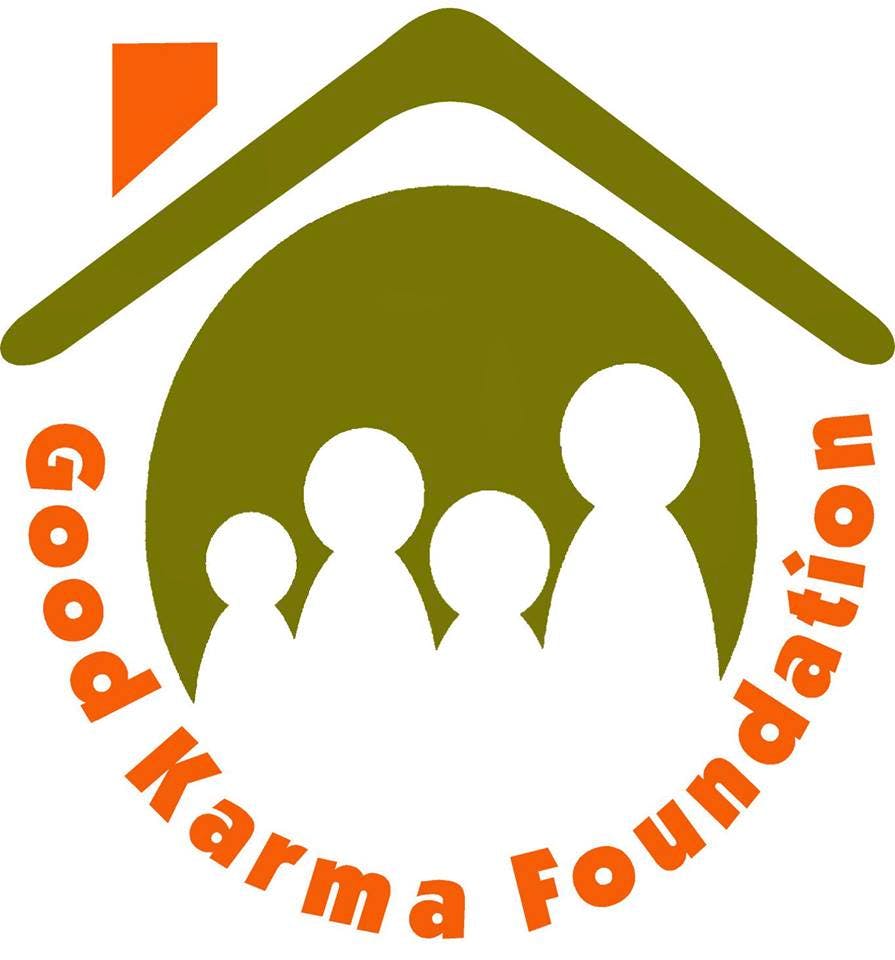
Good Karma Foundation Nepal
Non-profit - gegründet 2014
von Volunteer World verifiziert
Veranstaltet von
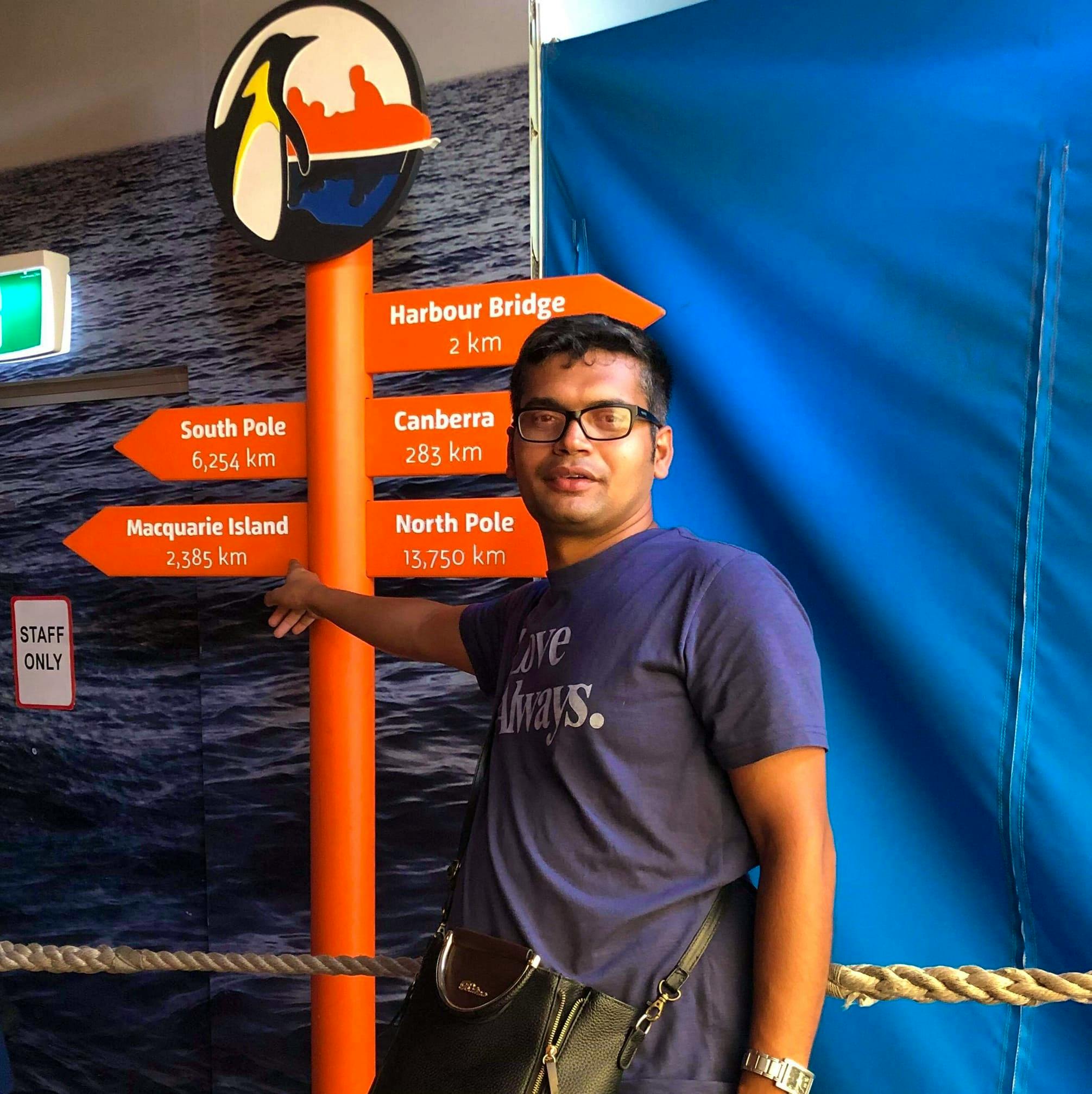
Nabraj
Über die Organisation
27 Bewertungen ·  4.7
4.7
Lage

Das könnte dich auch interessieren
-
Kathmandu
Kloster
Senioren
Freiwilligeneinsätze für College-Studenten
Familie
Guenstige Freiwilligenarbeit
FSJ im Ausland
Gruppen
Englisch unterrichten in Vietnam
Erwachsener
Freiwilligenarbeit Kurzprogramme
Paare
Englisch unterrichten in Nepal
Projekte im Ausland
Auslandsfreiwilligendienst
Flexible Freiwilligenarbeit
Beste Freiwilligenprogramme
